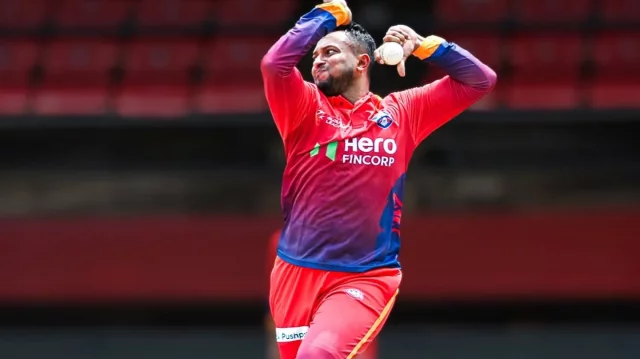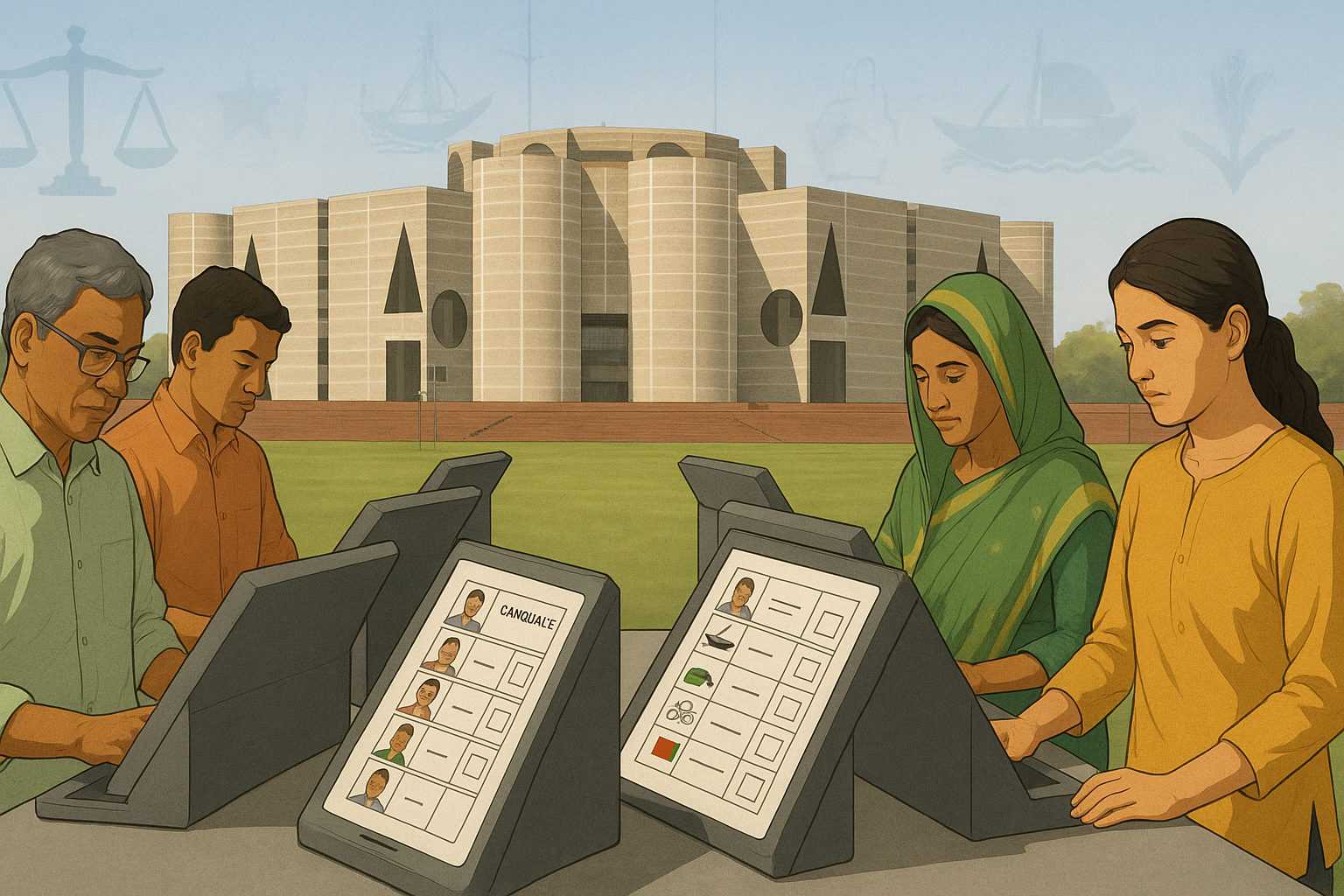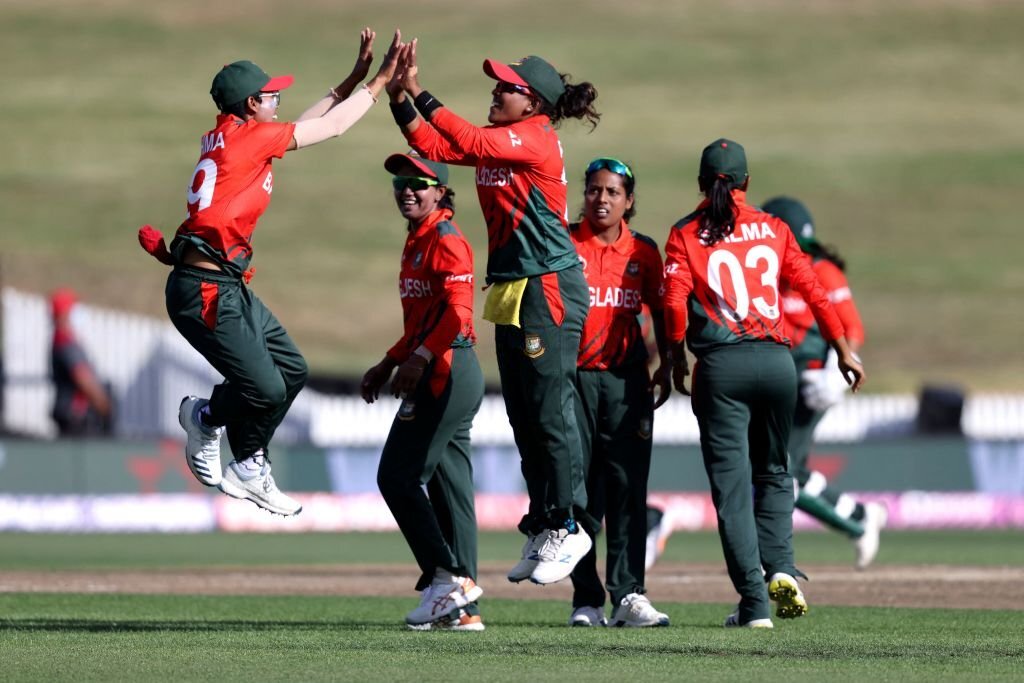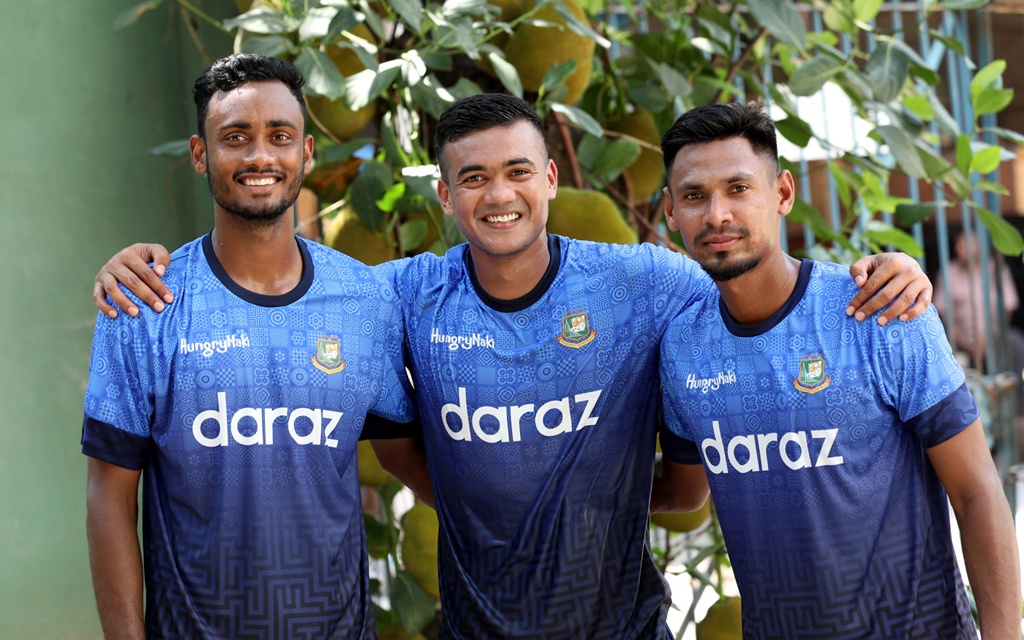Shakib Al Hasan Signs With 3 Foreign Leagues

Shakib Al Hasan Signs Three New Deals
Bangladesh’s cricketing icon, Shakib Al Hasan, has once again grabbed headlines — this time for signing contracts with three new overseas leagues. Yet behind the excitement lies a more troubling reality: the door to his return to the national side appears to be firmly shut, following a public dispute with the country’s sports advisor. While Shakib expands his global franchise footprint, his future in the Bangladesh jersey hangs in limbo.
Franchise Moves: Three New Leagues, One Veteran’s Ambition
According to a detailed report, Shakib Al Hasan has sealed deals for three foreign leagues — the Abu Dhabi T10 League (with the Royal Champs), the Global League USA (with Houston Riders), and the Indian Haven League Kashmir. These contracts are set to extend his career beyond Bangladesh and reaffirm his value as a global cricket brand.
As Bangladesh’s greatest all-rounder, Shakib has leveraged his immense experience — over 14,000 runs and hundreds of wickets across all formats — to remain relevant in international franchise cricket. With national selection uncertain, these foreign league opportunities provide him not only with financial security but also with continued exposure to high-level competition. For Bangladeshi fans, watching their star perform on global stages brings pride, though it also carries a bittersweet undertone given his uncertain national future.
Dispute and National Future: Sports Advisor Blocks Return
The turning point came in late September 2025, when Bangladesh’s Sports Advisor Asif Mahmud publicly declared that Shakib Al Hasan would never play for Bangladesh again. The controversy erupted after Shakib posted a birthday message to former Prime Minister Sheikh Hasina on social media, prompting accusations of political affiliation. The advisor asserted that such political links disqualify Shakib from representing the national team, igniting a storm of reactions on traditional and social media alike.
Mahmud went further, stating that he would instruct the Bangladesh Cricket Board (BCB) not to select Shakib Al Hasan for any future matches. His words — “We cannot let him carry the Bangladesh flag” — created a direct conflict between the government’s stance and cricketing autonomy. Shakib responded with an emotional post, writing, “Maybe I will return to my motherland one day. Love you, Bangladesh.” That statement left fans torn between admiration for his patriotism and concern that his national career may be over.
Implications for Shakib and Bangladesh Cricket
This dual narrative — Shakib Al Hasan’s expanding franchise career alongside his exclusion from national duties — presents a complex reality for both the player and the sport.
For Shakib Al Hasan, his franchise contracts prolong his career, ensuring he continues to compete in high-intensity environments while earning substantial financial rewards. Yet being barred from the national setup carries a heavy emotional and reputational toll. Shakib, who once captained Bangladesh and held the number-one all-rounder ranking in world cricket, now faces the prospect of ending his international career off the field rather than on it. The ongoing controversy risks overshadowing his extraordinary on-field accomplishments and shifting the focus from performance to politics.
For Bangladesh Cricket, the implications are equally serious. Losing a player of Shakib’s stature deprives the team of invaluable experience, leadership, and global recognition. Younger cricketers who grew up idolising him now witness a clash between sports and politics that could shape their own career choices. At the same time, Shakib’s success abroad demonstrates how Bangladeshi talent can thrive globally, even as governance challenges persist at home.
Why the Return Remains Uncertain
Several intertwined factors make Shakib Al Hasan’s return to the national team extremely uncertain. The most immediate obstacle is the official directive from the Sports Advisor, who has openly stated his intention to block the all-rounder’s selection. This is more than speculation; it represents a political and administrative decision that directly affects team composition.
Beyond politics, eligibility and procedural issues also complicate matters. Returning from multiple overseas commitments requires clearances, contractual negotiations, and re-establishing trust within the BCB. The situation is further complicated by the political sensitivity surrounding Shakib, who previously contested elections and has often spoken on public issues. His political image has made his relationship with sporting authorities more delicate than ever.
Another factor is scheduling and workload management. With three new franchise contracts in hand, aligning his international calendar with Bangladesh’s schedule would be logistically difficult. Moreover, at 38, Shakib is approaching the twilight of his career. Even if he were allowed back, selectors might hesitate to rely heavily on a player whose prime years are behind him. All these elements combine to make his national return unlikely in the near future.
A Balancing Act: Franchise Success vs National Glory
Shakib Al Hasan’s current situation epitomizes a global cricket trend: the growing dominance of franchise leagues over national commitments. For Bangladesh, this represents both opportunity and risk.
On one hand, Shakib’s international presence raises Bangladesh’s profile and demonstrates how home-grown talent can flourish worldwide. His success across continents attracts sponsors, builds recognition, and inspires young cricketers to dream big. On the other hand, his absence from the national team weakens the squad and raises uncomfortable questions about governance, player management, and freedom of expression in sports.
This tension highlights how the definition of cricketing success has evolved. For many modern players, franchise opportunities offer financial stability and global exposure that national boards cannot always provide. Shakib’s case shows the challenge of maintaining balance between personal growth and patriotic duty — a dilemma that will likely intensify in coming years.
What Needs to Happen
For the sake of both Bangladesh cricket and Shakib Al Hasan’s enduring legacy, the path forward requires careful diplomacy. The Bangladesh Cricket Board, the Sports Ministry, and Shakib himself need to engage in open dialogue to rebuild trust and find common ground. If full reinstatement proves impossible, alternative roles such as mentorship, ambassadorial work, or youth-development involvement could allow Shakib to contribute meaningfully to the sport he helped elevate.
At the same time, Bangladesh must establish clear policies for franchise participation, ensuring that players can pursue international leagues without jeopardizing national eligibility. Transparent communication and consistent enforcement of selection rules would prevent future controversies. Finally, cricket authorities must take deliberate steps to preserve Shakib Al Hasan’s legacy, celebrating his contributions rather than letting political conflict define his farewell.
A Legacy in Limbo, but Opportunities Abound
The name Shakib Al Hasan symbolizes more than cricketing brilliance — it represents ambition, resilience, and the complex intersection between sport, politics, and identity. His expanding franchise career proves his global relevance, while his exclusion from the Bangladesh team underscores the challenges of balancing national loyalty with personal independence.
If handled with maturity and vision, this phase could mark not the end but the transformation of Shakib’s contribution to Bangladeshi cricket. Whether as a player, mentor, or global ambassador, he remains one of the nation’s most influential sporting icons. For millions of fans, hope lingers that one day they will once again see Shakib Al Hasan proudly don the Bangladesh jersey — not only as a player but as the enduring symbol of the nation’s cricketing spirit.






